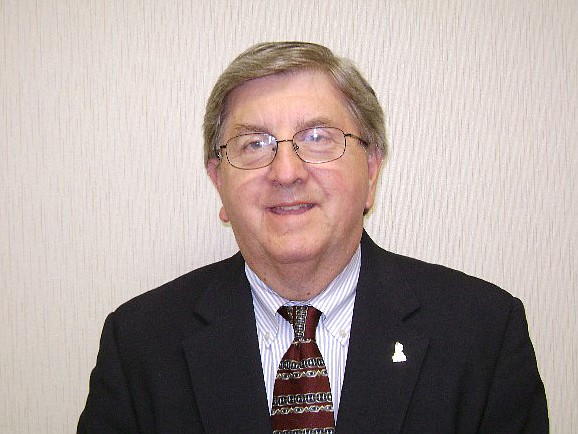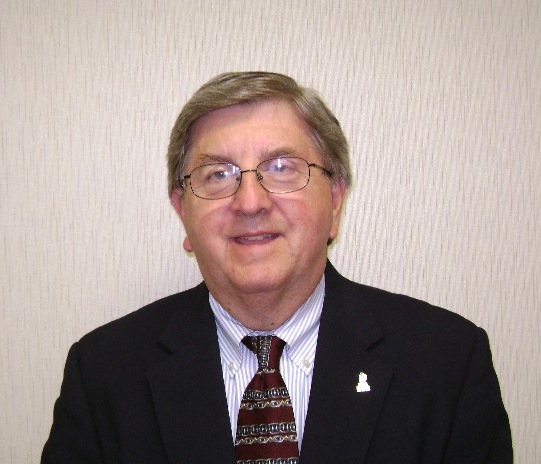Q. It was disturbing to read about the major charity fraud being conducted in East Tennessee. I receive this type charity telemarketing calls weekly; how do I avoid donor deception and fraud?
A. You are correct; it is very disturbing to learn that many consumers were deceived into contributing by charity bad actors. For the most part, we are a benevolent society and want to help when we hear about a good cause. However, donors need to be aware of potential deceptions, so their hard- earned money can go to the charities they can trust.
This activity is an example that fraudsters often name their charities to be very similar to well-known, legitimate organizations, such as the American Cancer Society. Be aware of misleading names.
BBB Wise Giving Alliance offers the following tips to avoid questionable charity request:
* Be cautious when responding to phone appeals. Like all forms of fund raising, telephone appeals can be put to good use by a charity, or can be part of a deceptive campaign that can result in little money going to the claimed charitable effort. Never be pressured to make an immediate, on-the-spot contribution decision.
* Be educated on the charity; seek out additional facts. If interested in the charity, ask the caller for the charity's website address or search online on your own to obtain program, financial and other information to make a more informed giving decision. You do not have to make an immediate decision.
* Cash Donations are a potential problem. If a charity asks for cash-only donations, it is probably a scam! They are most likely trying to use the money for their own means. Cash funds are easily stolen, never to be seen again. If you desire to give a donation in cash, take it directly to the charity. Never give it to the solicitor.
* Watch out for excessive fund raising expenses. While most charities have reasonable fund raising expenses (less than 35 percent of total contributions received in the past year,) if a telephone appeal campaign is not managed well, it can result in excessive fund raising expenses where the charity might receive less than 20% or 10% of collected funds.
* Rely on expert opinion when it comes to evaluating a charity. The public can go to Give.org to research charitable organizations to verify their trustworthiness. Charities that meet the 20 "BBB Standards for Charity Accountability" are called BBB Accredited Charities. Additional local charity reviews are available at bbb.org.
At the same time, BBB WGA also suggests there are things that charities can do to be as responsible as possible to their potential donors:
* Is the charity spending funds on the activities emphasized in appeals? If phone and/or written appeals emphasize a specific charity program, the charity's financial statements and other materials should demonstrate that this is the organization's largest program activity. If not, donors may feel deceived. To avoid this perception, charity appeals and materials should make it clear which programs receive the largest share of the charity's expenses.
* Do the charity financial statements show large amounts of in-kind donations? While many charities are involved with in-kind drives for food, clothing and other items, it is especially important for charities to clearly explain the nature and use of large volumes of in-kind gifts that appear in charity financial statements. Charities should not over-value their in-kind gifts and/or include them in audited financial statements under circumstances that do not follow accounting rules (Generally Accepted Accounting Principles.) In-kind donations should not be used as means to make charity program service expenses higher than they would be without them.
* Is the charity's board of directors providing adequate oversight? Good charity accountability starts with good governance. If a charity's board of directors is not engaged in proper oversight of the charity executive staff in terms of reviewing performance, approving budgets, being aware of fund raising arrangements, and establishing appropriate accounting procedures, this can lead to larger potential problems for the organization.
Jim Winsett is president of the Better Business Bureau in Chattanooga.

